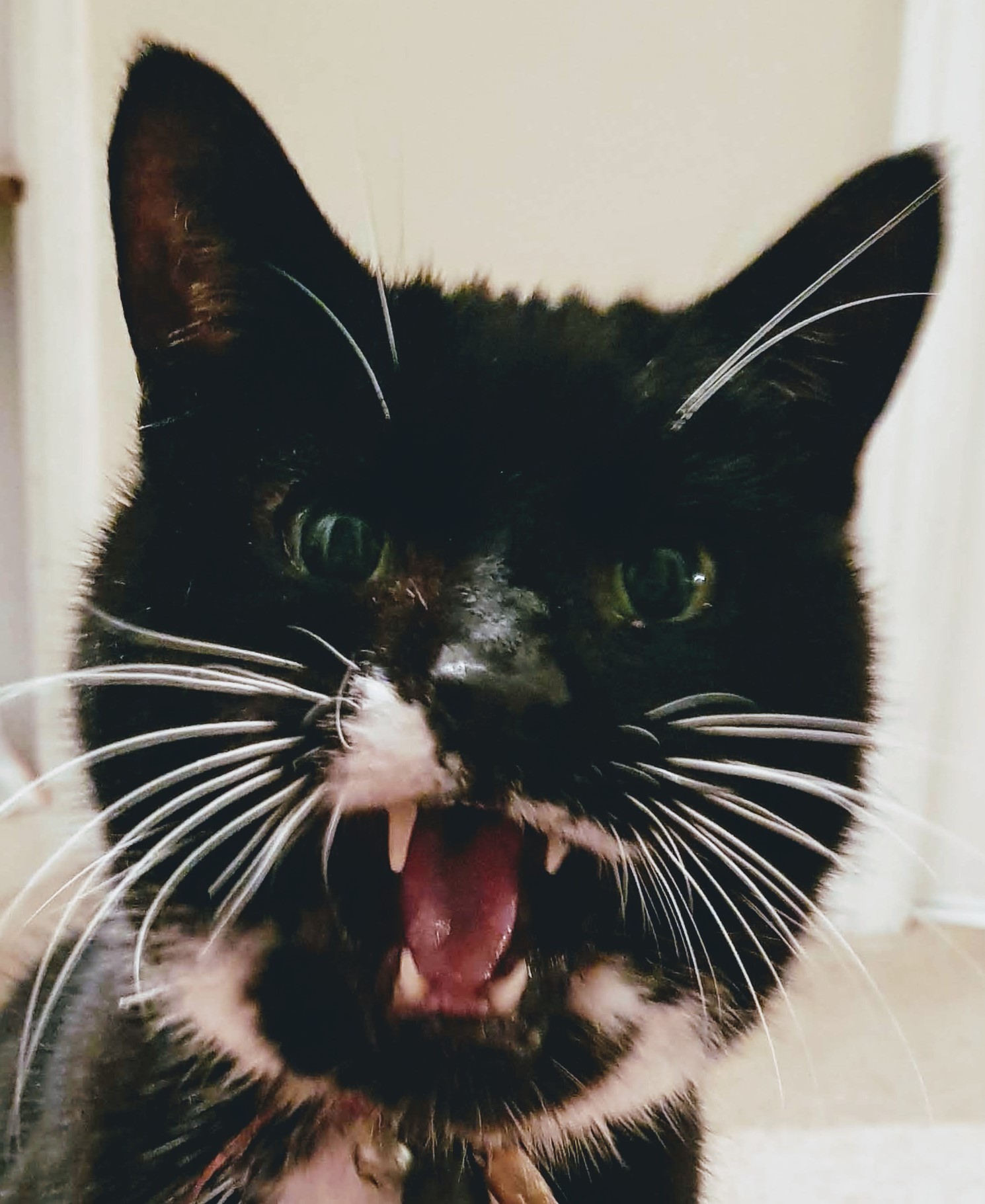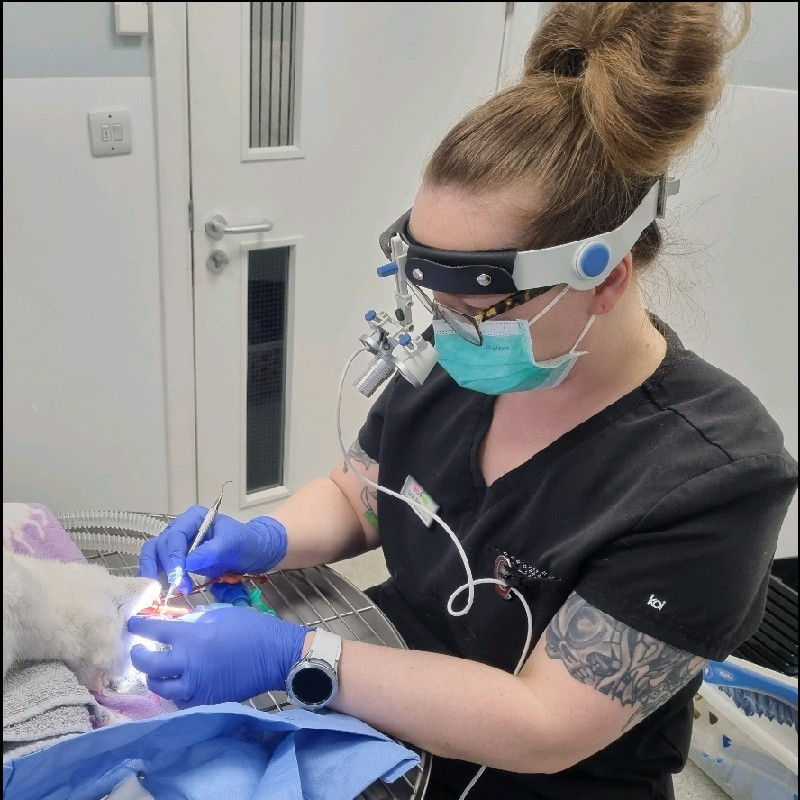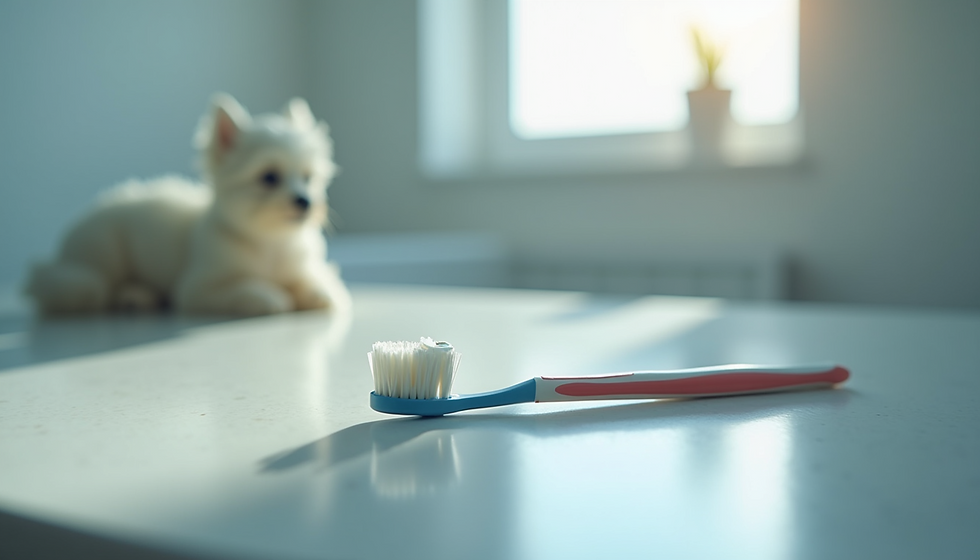Understanding the Importance of Dental Health in Animals
- thedentalrvn

- May 28, 2025
- 4 min read
Dental health is often overlooked when it comes to caring for our animals. Many pet owners may not realise that poor dental hygiene can lead to serious health problems in their furry companions. Here, we will delve into the significance of dental care in animals, discussing various aspects of veterinary dentistry that every pet owner should understand.
The Role of Veterinary Dentistry
Veterinary dentistry focuses on diagnosing, treating, and preventing dental diseases in animals. Like humans, pets can suffer from gum disease, tooth decay, and other oral health issues. According to the American Veterinary Medical Association, most dogs and cats will have some degree of dental disease by three years of age. This statistic highlights the importance of regular dental check-ups and care.
Pet dental health directly contributes to their overall well-being. Neglecting oral hygiene can lead to painful conditions that affect the mouth and can cause systemic health issues, such as heart disease.

Common Dental Issues in Pets
Understanding common dental issues can help pet owners take preventative measures. Here are some of the most prevalent problems:
Plaque and Tartar Build-up: Just like in humans, plaque can accumulate on your pet's teeth, hardening into tartar if not removed. This build-up can lead to gum inflammation and infections.
Periodontal Disease: This disease affects the structures that support the teeth. It begins with gingivitis, the inflammation of the gums, and can result in tooth and bone loss if untreated.
Broken Teeth: Pets can fracture teeth while chewing on hard objects or during play. Broken teeth may lead to pain and infection and necessitate veterinary intervention.
Oral Tumours: In some cases, pets may develop tumours in the mouth. These can range from benign to malignant and require professional diagnosis and treatment.
Regular dental check-ups, professional cleanings, and at-home dental care are essential to prevent these issues.

Signs of Dental Problems in Animals
As a pet owner, recognising the signs of dental problems is crucial. Here are some indicators that may suggest your animal is experiencing dental distress:
Bad Breath: While some pet odours are normal, persistent foul breath may indicate tooth or gum issues.
Difficulty Eating: If you notice your pet hesitating before eating or avoiding hard foods, it may be experiencing dental pain.
Pawing at the Mouth: Pets may try to relieve discomfort by pawing at their face or mouth area.
Swollen Gums: Red and swollen gums can signal gingivitis, an early sign of periodontal disease.
Excessive Drooling: An increase in drooling can also indicate oral pain or infection.
If you observe any of these signs, it’s vital to consult with a veterinarian for a thorough examination and appropriate treatment.
The Importance of At-Home Dental Care
While professional veterinary dental care is fundamental in maintaining your pet's dental health, at-home care is equally important. Here are some tips for effective at-home dental care:
Regular Brushing: The best way to maintain dental health is by brushing your pet's teeth regularly, ideally daily. Use toothpaste formulated for pets and a soft toothbrush suited for their teeth.
Dental Chews and Treats: Consider providing dental chews or special treats designed to help reduce plaque and tartar accumulation. These can make dental hygiene more enjoyable for your pet.
Dental Toys: Chewing on certain toys can help promote dental health by mechanically cleaning teeth as your pet plays.
Routine Inspections: Hold your pet’s mouth open and regularly inspect their teeth and gums. This is an opportunity to spot any signs of dental issues early.
Healthy Diet: Feeding your pet a balanced, nutritious diet can aid their overall health, including dental health.

Seeking Professional Veterinary Dental Care
When it comes to dental health, professional care is indispensable. Scheduled dental check-ups at least once a year are recommended. Finding a veterinarian specialising in dental care can significantly enhance your pet's oral health. Services typically include:
Dental Cleanings: Under anaesthesia, a veterinary nurse performs a thorough cleaning, scaling, and polishing to remove plaque and tartar build-up.
X-Rays: Dental x-rays enable vets to examine the condition of teeth and roots that might not be visible during a physical exam.
Extractions: If necessary, veterinarians can extract damaged or diseased teeth, relieving your pet.
Preventative Measures: Veterinary nurses can recommend customised at-home care programs that fit your pet's needs.
Promoting Awareness About Dental Health in Pets
As pet owners, it’s our responsibility to promote better awareness of dental health. This goes beyond brushing; it involves understanding the signs of issues, recognising the importance of professional care, and nurturing good habits from a young age. The more informed we are, the better equipped we can be to ensure our pets’ well-being.
The importance of dental health in animals can't be overstated. Committing to understanding and supporting your pet's dental care needs is essential for their overall health. By integrating proper dental hygiene into your pet's care routine, you are investing in their happiness and longevity.
In conclusion, ensuring your pet's dental health is crucial to their well-being. Regular veterinary check-ups, at-home care, and prompt attention to dental issues can significantly improve their quality of life. By prioritising dental care, you can prevent many health problems and provide your furry friend with a brighter, healthier future.






Comments